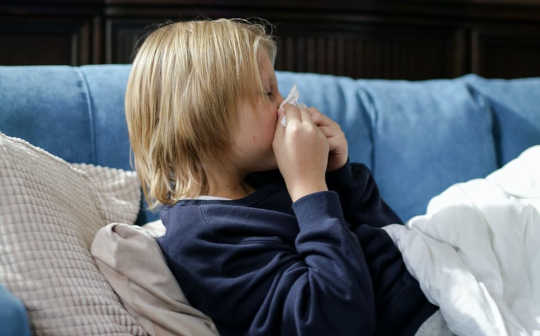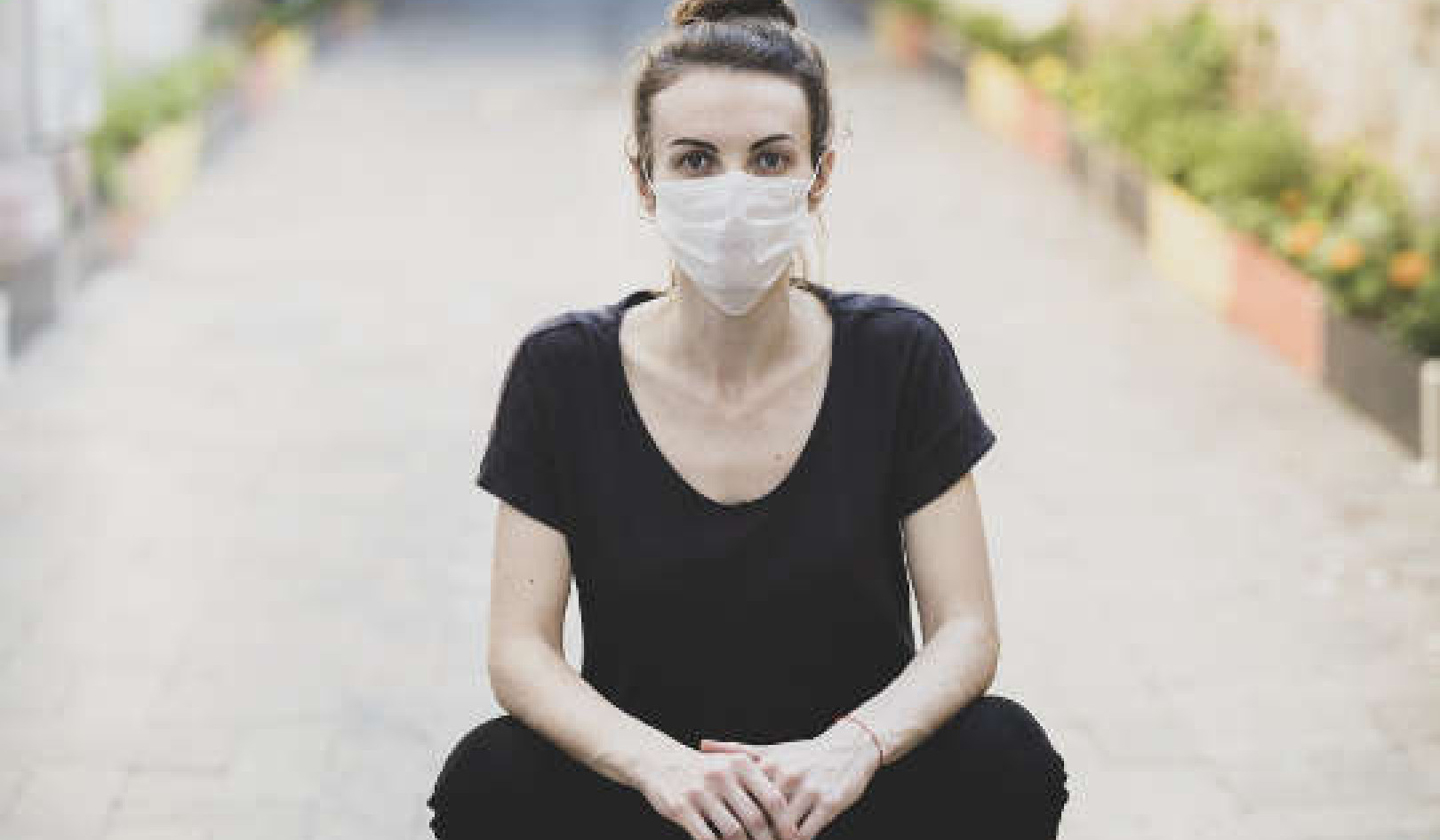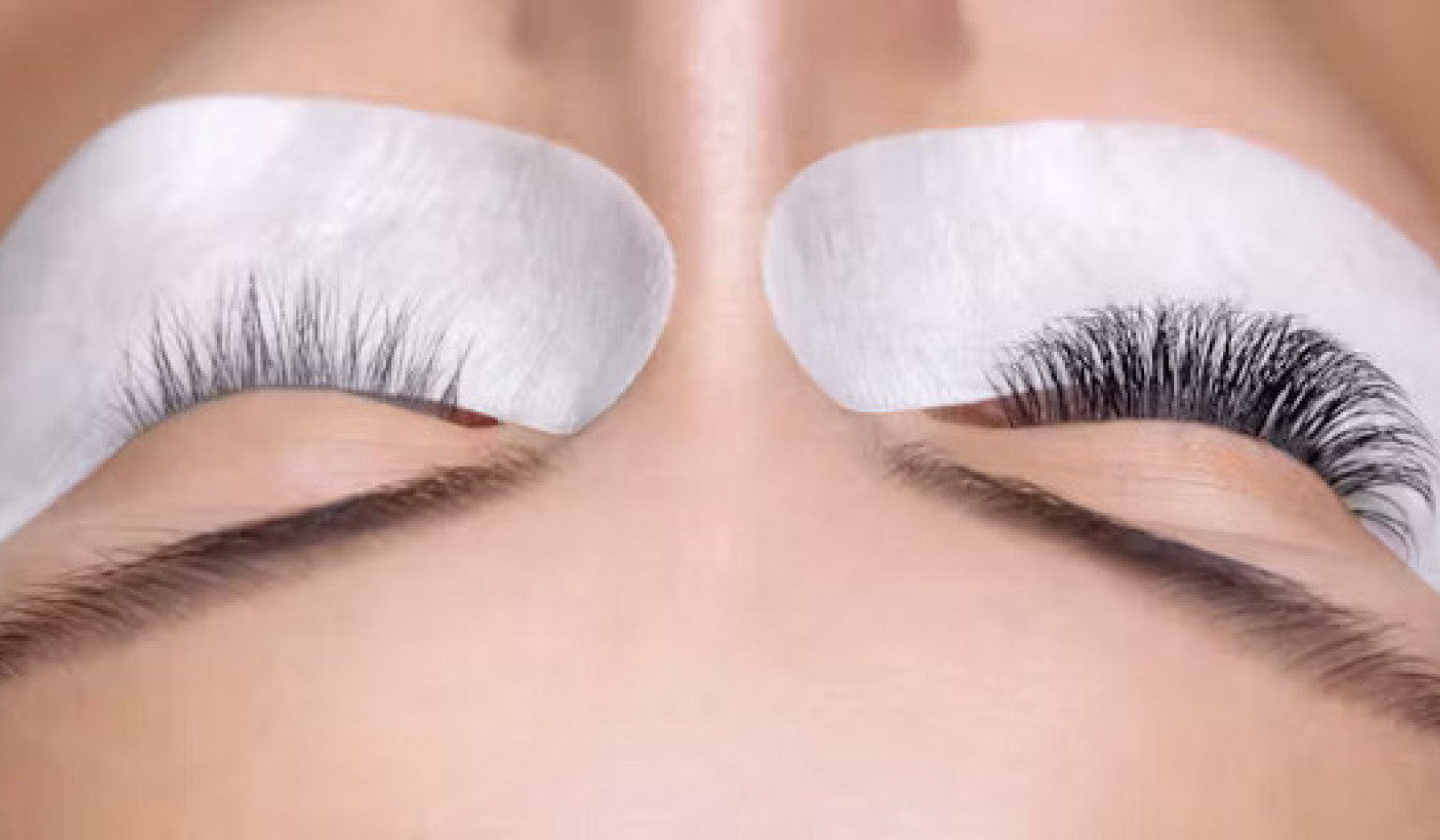
Patients tell us they wish more than anything that they could work and do the most basic activities they used to before they got sick with long COVID. They are desperately searching for something to help them get back on their feet
Antihistamines may provide relief for the millions of people suffering from the painful, debilitating symptoms of long COVID-19 that impair daily functioning.
That’s the conclusion of a case report on the experiences of two such patients cowritten by nursing scholars at the University of California, Irvine.
The effects of COVID-19 on individuals range from mild symptoms to several weeks of illness to ailments including brain fog, joint pain, exercise intolerance, and fatigue that last for months after the initial infection. The clinical term for these lingering long COVID-19 effects is post-acute sequelae of SARS-CoV-2, for which there is no standard treatment.
“Patients tell us they wish more than anything that they could work and do the most basic activities they used to before they got sick with long COVID. They are desperately searching for something to help them get back on their feet,” says the report’s corresponding author, Melissa Pinto, associate professor of nursing at the University of California, Irvine.
“Currently, there is no cure for PASC, only symptom management. A number of options are being tried, with antihistamines being one of them. The possibility that an easy-to-access, over-the-counter medication could ease some of the PASC symptoms should offer hope to the estimated 54 million people worldwide who have been in distress for months or even years.”
The case report, which appears in The Journal for Nurse Practitioners, describes two healthy, active middle-aged women with PASC who found, by chance, that antihistamines led to greatly enhanced daily function, now sustained for almost a year.
Both took over-the-counter antihistamines to treat other conditions—the first one had triggered her dairy allergy by eating cheese, and the other had run out of the allergy medication she usually took—and experienced improved cognition and much less fatigue the next morning. The first woman’s long COVID-19 symptoms also included exercise intolerance, chest pain, headaches, a rash, and bruising, while the second coped with joint and abdominal pain, as well as the rashes and lesions known as “COVID toes.”
In the first case, the woman didn’t take another antihistamine for 72 hours; when her symptoms reappeared, she took the medication and again found relief. With guidance from her primary health care provider, who prescribed her an antihistamine, she began a daily dosage that has significantly decreased her other long COVID-19 symptoms. She reported that she has regained 90% of her pre-COVID-19 daily function.
In the second case, the woman took a different over-the-counter antihistamine as a substitute for what she had taken for years to manage her seasonal allergies. After noting that her long COVID-19 fatigue and cognition had improved, she continued to take it daily along with other allergy medicine. Her course of treatment, which now includes both over-the-counter medications, has also significantly reduced her additional long COVID-19 symptoms. She reported that she has regained 95% of her pre-illness functioning.
Previous studies, including those in the Journal of Investigative Medicine and Pulmonary Pharmacology & Therapeutics, have similarly shown the potential benefit of antihistamines as treatment for PASC.
“Most patients tell us that providers have not recommended anything that has helped. If patients wish to try OTC antihistamines, I urge them to do so under medical supervision. And because providers may not know about new potential treatments, I would encourage patients to be active in their care and consider taking research and case reports like ours to appointments with providers so they can help create a regimen that will work,” Pinto says.
“The next steps for this research into antihistamine treatment are to conduct broad-based trials in order to evaluate efficacy and to develop dosage schedules for clinical practice guidelines.”
Additional coauthors are from UC Irvine, the Indiana University School of Medicine, the Mayo Clinic, and the University of Miami School of Nursing & Health Studies.
Source: UC Irvine
Related Books:
The Body Keeps the Score: Brain Mind and Body in the Healing of Trauma
by Bessel van der Kolk
This book explores the connections between trauma and physical and mental health, offering insights and strategies for healing and recovery.
Click for more info or to order
Breath: The New Science of a Lost Art
by James Nestor
This book explores the science and practice of breathing, offering insights and techniques for improving physical and mental health.
Click for more info or to order
The Plant Paradox: The Hidden Dangers in "Healthy" Foods That Cause Disease and Weight Gain
by Steven R. Gundry
This book explores the links between diet, health, and disease, offering insights and strategies for improving overall health and wellness.
Click for more info or to order
The Immunity Code: The New Paradigm for Real Health and Radical Anti-Aging
by Joel Greene
This book offers a new perspective on health and immunity, drawing on principles of epigenetics and offering insights and strategies for optimizing health and aging.
Click for more info or to order
The Complete Guide to Fasting: Heal Your Body Through Intermittent, Alternate-Day, and Extended Fasting
by Dr. Jason Fung and Jimmy Moore
This book explores the science and practice of fasting offering insights and strategies for improving overall health and wellness.
























